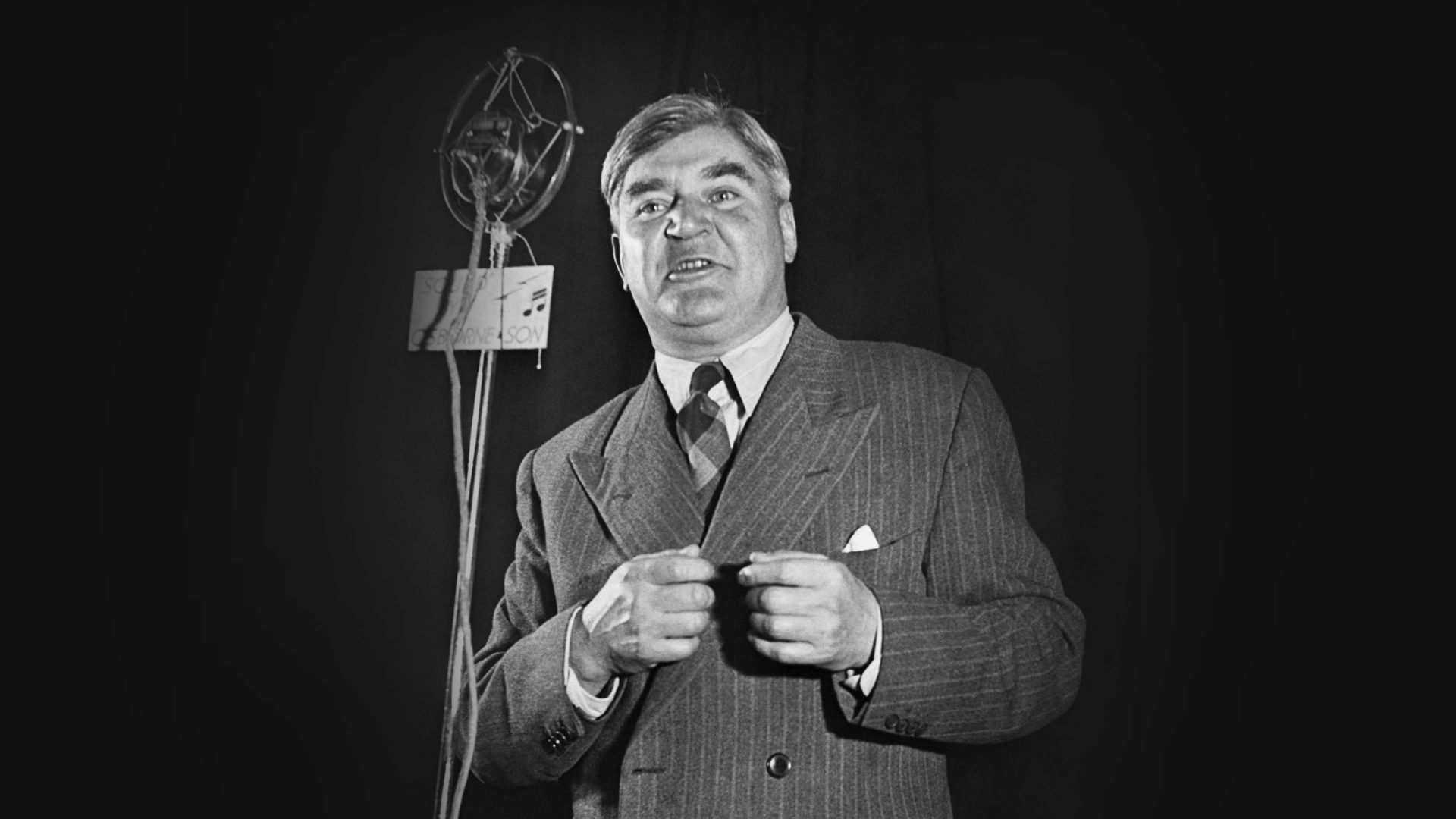Imagine putting a droplet of whisky into a full bathtub. Would a sip of it make you drunk? Would you even notice any effect if you drank the entire contents? No? Then I’m afraid you don’t remotely qualify as German.
Where I come from, millions of people believe that by diluting a substance until not even a single molecule of the original remains, it still has significant effects. So they ingest Globuli – tiny white pills consisting of 99.9% sugar that are used to deliver homeopathic treatments.
We Germans invented aspirin and X-rays. It was also a German, Christian Friedrich Samuel Hahnemann, who invented homeopathy. He believed that effective drugs produce symptoms in healthy people similar to those of the illnesses they treat. Large doses would be harmful, hence the dilutions to infinitesimal amounts.
Back then, in 1796, watered-down tinctures certainly caused less harm than blood-letting, a favourite among the medical profession. It is beyond me, however, that whether to subsidise homoeopathy is still up for debate in 2024 Germany.
At the beginning of the year, the health minister, Karl Lauterbach, a Social Democrat and doctor, announced that as part of a wider health policy reform he would scrap homeopathy from the list of subsidised treatments. But when the draft bill was published, the measure was missing.
Why? Because there is a Green coalition partner, and the Greens like scientific cherry-picking.
No matter that scientists consistently fail to provide evidence of effective homoeopathic treatment. The fandom among the Greens is simply too large to “follow the science”.
Plant-based cures do exist – penicillin comes from a fungus – and besides, I am wholly unperturbed by how people try to improve their health and happiness. I don’t care whether they dance around a fire, enjoy a three-course placenta dinner or use a dead cat in a graveyard as a wart remedy (by the way: Mark Twain never informed us about the result of this in Tom Sawyer). I just don’t see why my insurance fee should pay for quackery.
With homeopathy there is a placebo effect at best, which doesn’t qualify as proper medicine, and yet our health insurance policies pay out for it, voluntarily. Many of the 95 statutory health insurers do so because they fear they will lose clients otherwise.
Homoeopathic treatments only make up a tiny part of their multibillion budget, they insist. But that’s still millions that could be spent on actual medical treatment instead of supporting a pseudo-science with a huge lobby. There’s a lot of money in it for Globuli-producers and doctors “specialising” in homoeopathy.
Their credibility is supported not by science, but by the German health system. Globules are tested and approved by our Federal Institute for Drugs and Medical Devices, and although their effectiveness doesn’t have to be documented they are legally called medicine, which forces pharmacies to stock them.
Thanks to this official misinformation, people are nudged to believe in homeopathy – with the dangerous result that some even opt for homeopathic cancer treatment.
In Europe, only the Swiss behave as irrationally as the Germans. But politicians there can blame a referendum – popular demand – to have homoeopathy on the list of health services covered by insurance. In the UK, the NHS stopped funding it in 2017 “as the lack of any evidence for its effectiveness did not justify the cost”, and France followed suit in 2019. In the US, labels even warn consumers about its lack of effectiveness.
Edzard Ernst, the British-German professor emeritus whom Jacob Rees-Mogg wanted to lock up in the Tower for attacking then-Prince Charles for his Herbal Duchies detox, explains the German conservation status of homeopathy with an “unbroken tradition”, fostered by the Nazis as well as the Bundesrepublik.
Hitler’s regime was indeed keen to find an alternative to the “verjudete Schulmedizin” (Jewish medicine) and put a lot of research into “neue deutsche Heilkunde” (new German art of healing) – but they couldn’t prove its worth. Queen Victoria’s physician had come to a similar conclusion in 1843 already, calling homeopathy “an outrage to human reason”.
According to Ernst, however, even homeopaths offer “something we can learn from”. They spend much more time listening to patients, showing them great empathy – which causes a “maximised placebo effect”.
So in a perfect world, the health system would allow doctors such time well spent, by compensating for it. Instead, we still pay for little white sugar balls.




